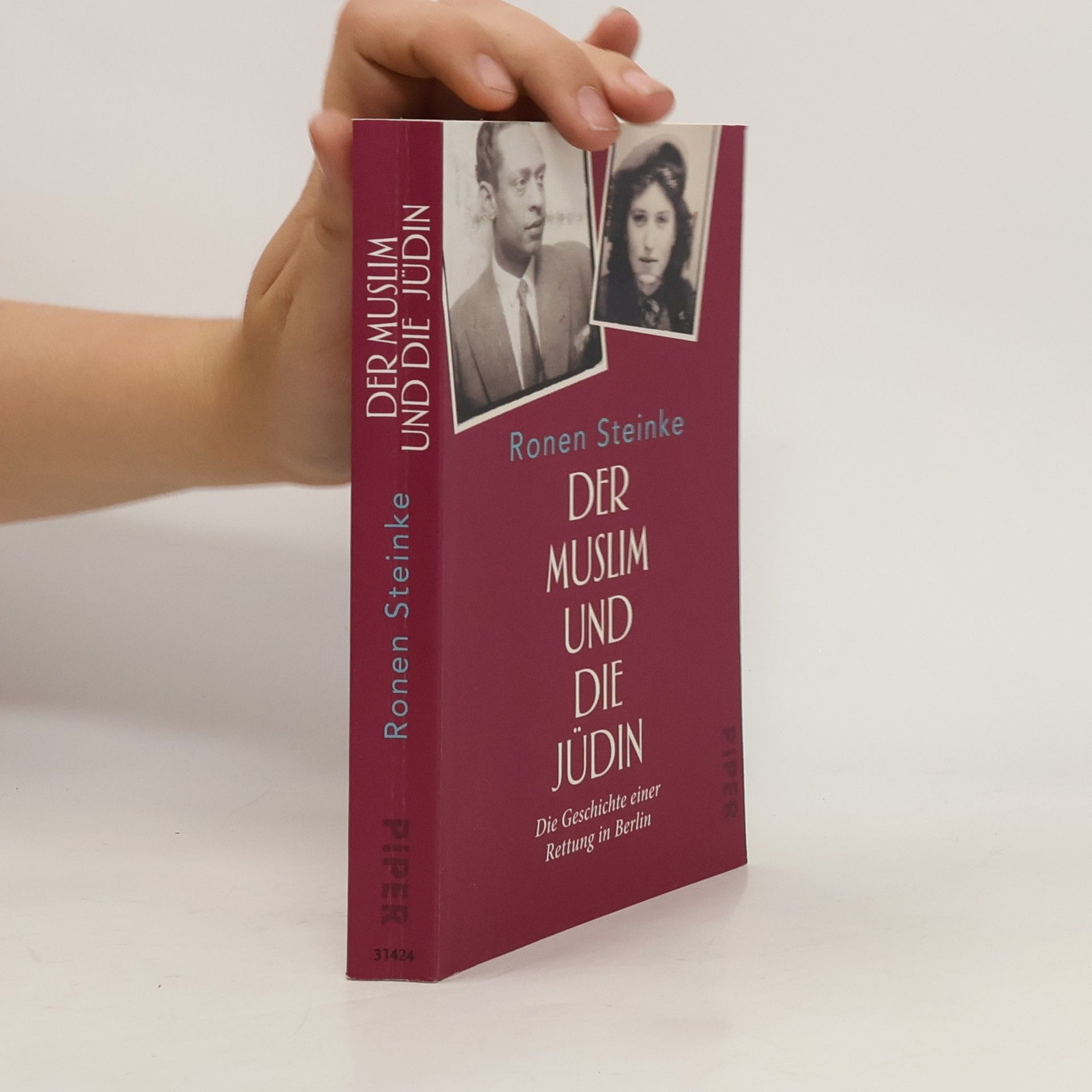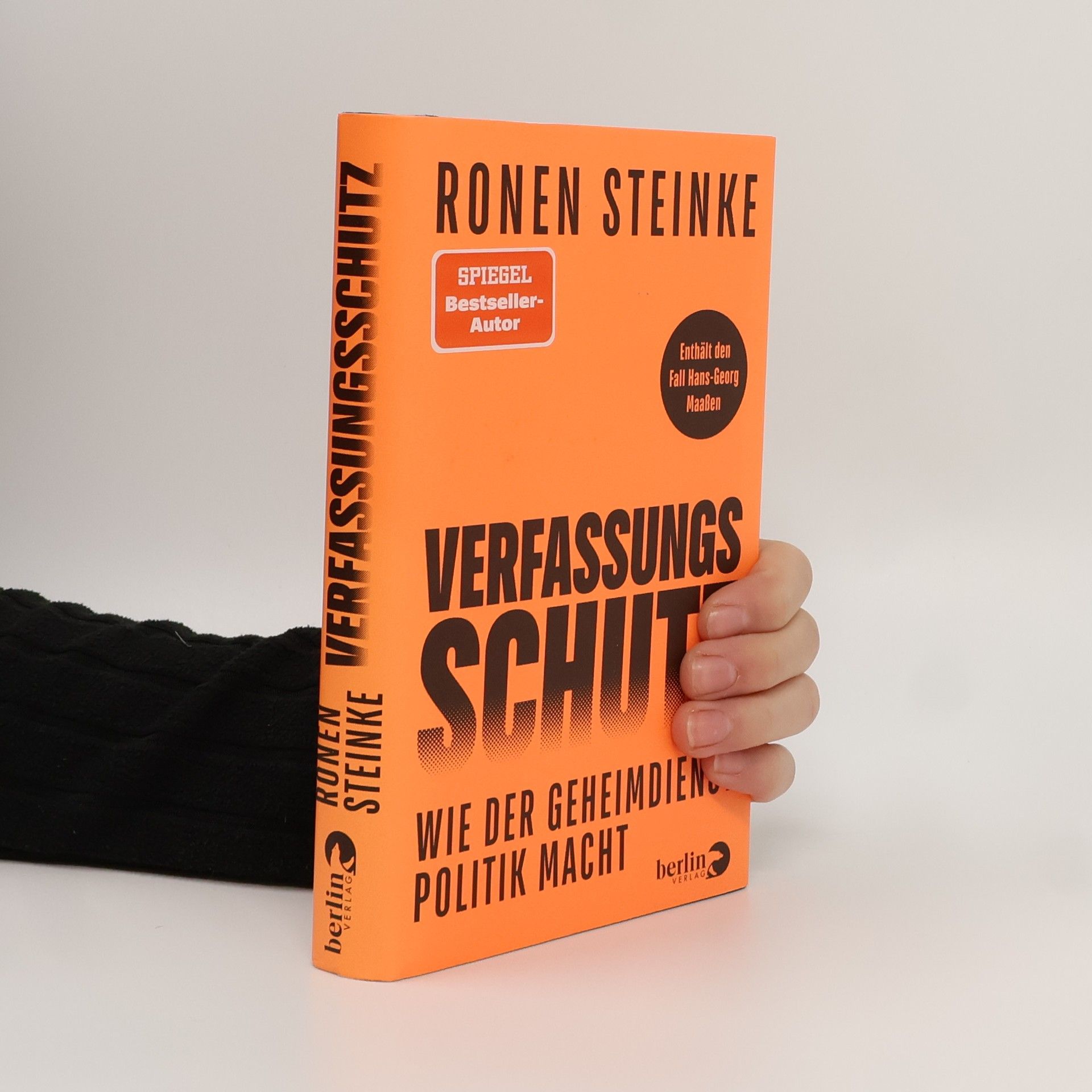Verfassungsschutz
Wie der Geheimdienst Politik macht | Journalist und Jurist blickt hinter die Kulissen des einzigartigen Inlandsgeheimdiensts, analysiert Machtstrukturen und hinterfragt den Einfluss auf die deutsche Demokratie.
- 221 pages
- 8 hours of reading
Wie tickt der Geheimdienst, der jahrelang von Hans-Georg Maaßen geführt wurde? Der deutsche Verfassungsschutz ist etwas sehr Besonderes. Einen solchen Geheimdienst haben andere westliche Demokratien nicht. Es ist ein Geheimdienst, der im Inland späht. Er richtet sich nicht gegen Kriminelle, sondern gegen Personen und Gruppen, die als politisch verwerflich erklärt werden. Er spioniert Bürgerinnen und Bürger aus, die keine Gesetze verletzen. Dabei hat der Verfassungsschutz enorm große Freiheiten, enorm große Macht. Er hat viel mehr Einfluss auf politische Bewegungen, als es der Öffentlichkeit bewusst ist. Schützt der Verfassungsschutz die Demokratie wirklich? Noch nie in der Geschichte der Bundesrepublik gab es so viele Agentinnen und Agenten, die im Inland die eigene Bevölkerung ausforschen. Das Personal des Verfassungsschutzes hat sich in den letzten 20 Jahren verdoppelt, sein Budget verdreifacht. Ein kritischer Blick hinter die Kulissen des Verfassungsschutzes Ronen Steinke recherchiert seit Jahren im Milieu der Inlandsspione. Er hat Spionagechefs interviewt und Agentinnen bei der Arbeit begleitet. Er zeigt, wie V-Leute vorgehen. Und er stellt eine fundamentale Frage: Schützt dieser Geheimdienst die Demokratie – oder schädigt er sie nicht eher? Eine engagierte Reportage Mit jeweils eigenen Kapiteln zum heimlichen Vorgehen der Inlandsspione gegen die Klimabewegung, zum Wirken rechter Netzwerke und der Causa Hans-Georg Maaßen.




